 King George Plumbers
King George Plumbers
 King George Plumbers
King George Plumbers
Gas Line Repairs offers a critical plumbing service that includes assessment, upkeep, and correction of propane and natural gas systems to ensure safety and compliance with local codes. This service addresses gas leaks, pressure irregularities, and pipe damage, using advanced diagnostic tools and safety standards to protect occupants and prevent hazardous conditions. Licensed plumbers ensure all repairs meet regulatory standards for consistent and protected fuel transmission
We provide top-quality Plumbing services throughout King George County. Whether you need help with Gas Line Repairs or other issues, our Team is ready.
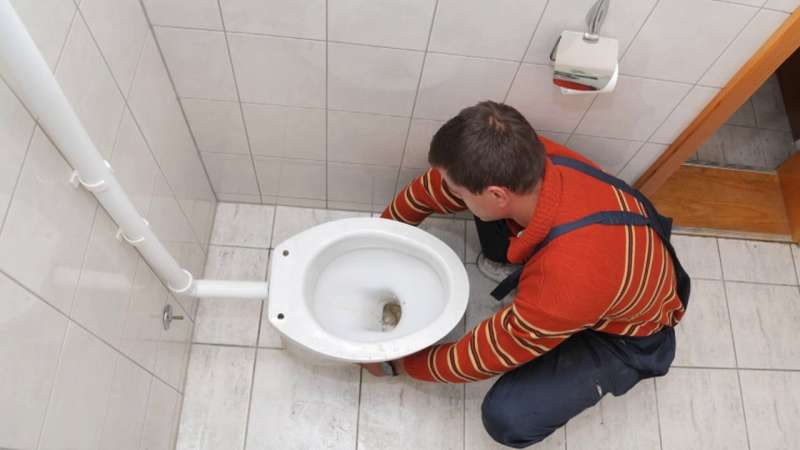
Setting up dishwashers, hot water heater (tank and tankless), garbage disposals, and cleaning devices.
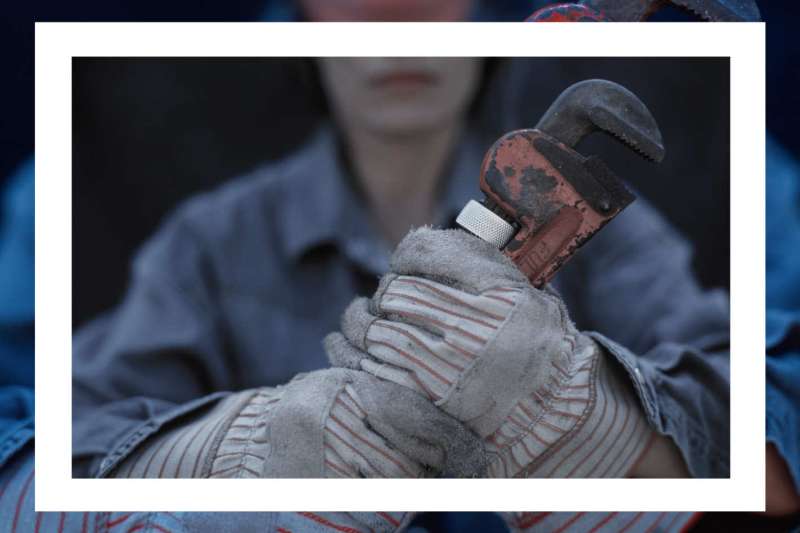
Guaranteeing backflow avoidance devices are working correctly.
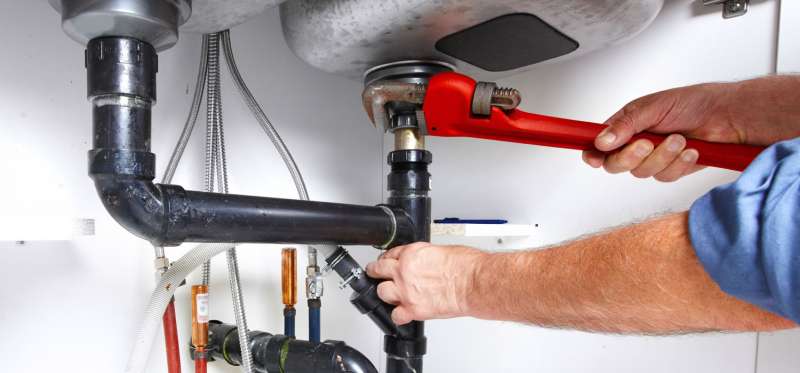
Moving or updating plumbing systems.
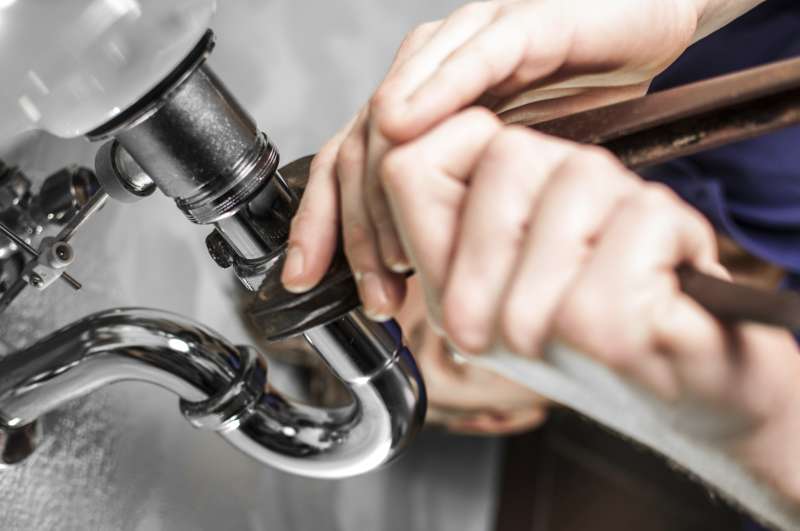
Making sure plumbing systems fulfill regional policies.
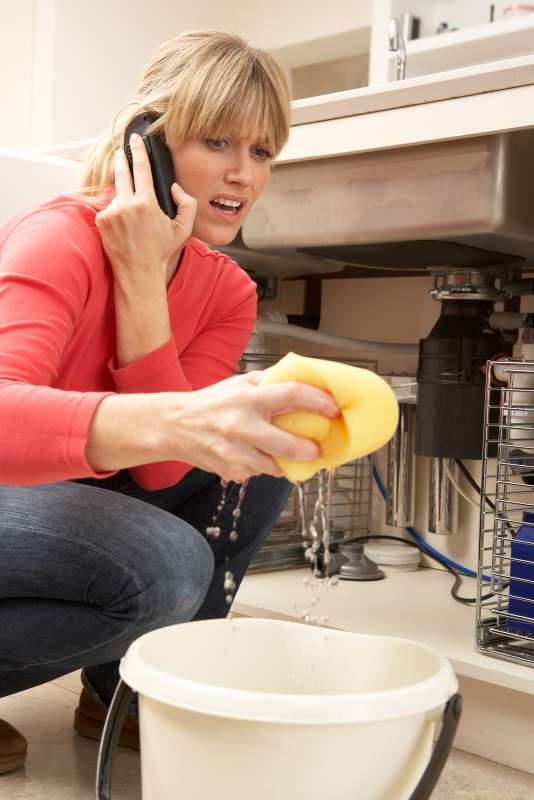
Immediate response to prevent flooding and water damage.

Clearing clogs in sinks, toilets, showers, and sewage system lines.
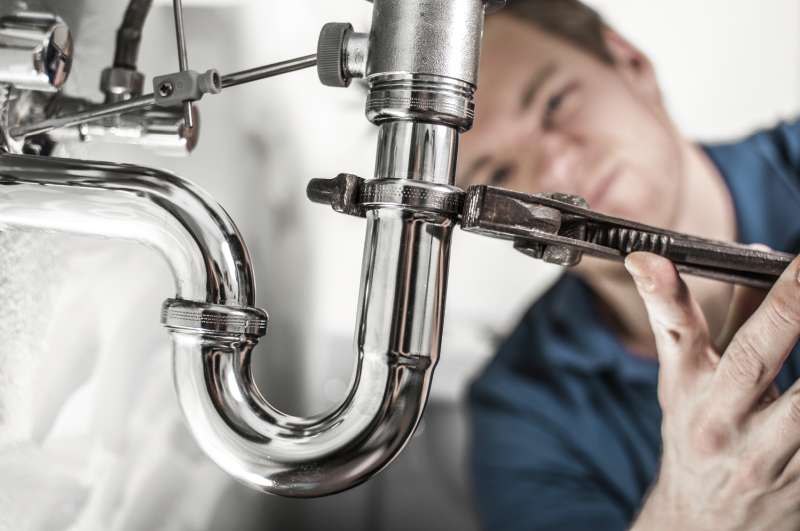
Regular cleansing to prevent clogs and keep flow.
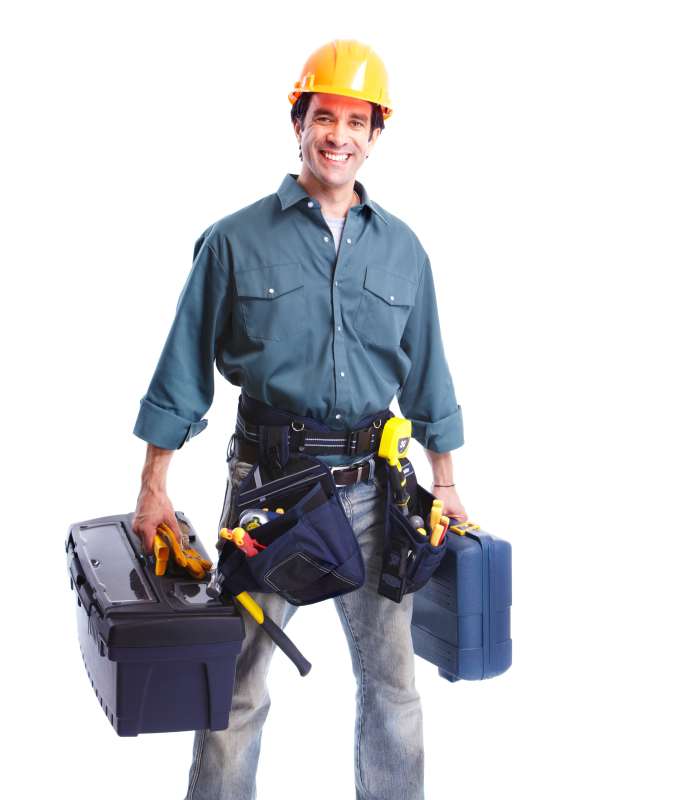
Repairing malfunctioning faucets, toilets, and other components.
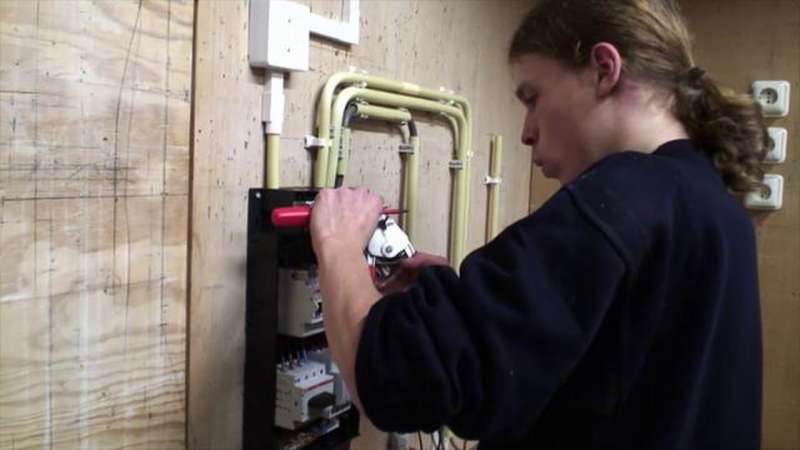
Installation of sinks, faucets, toilets, tubs, and showers.
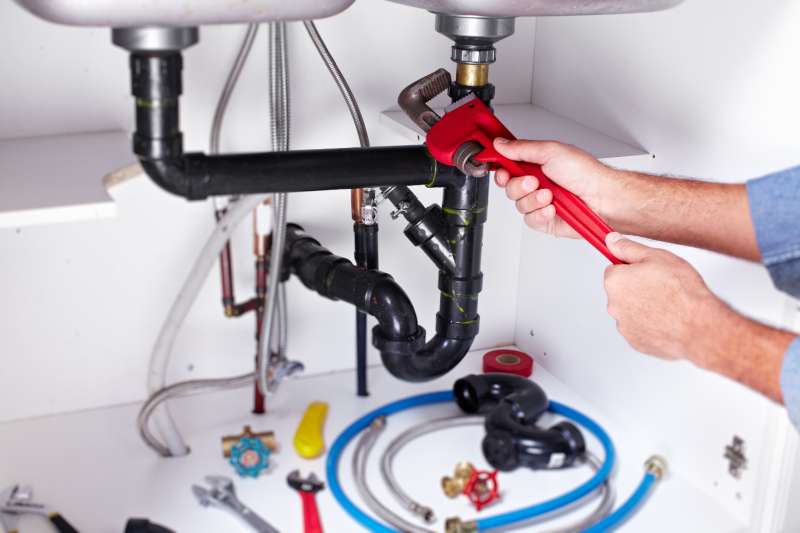
Emergency detection and repair to prevent risks.
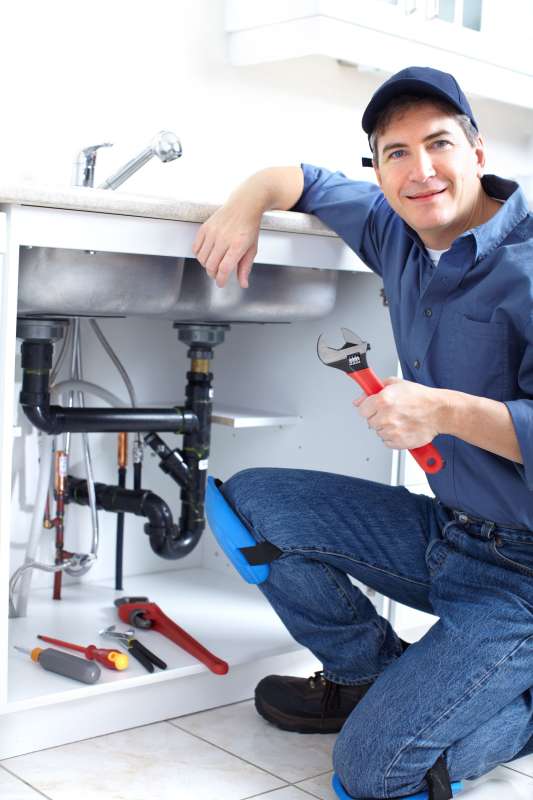
Fixing gas leaks and making sure correct gas line operating.
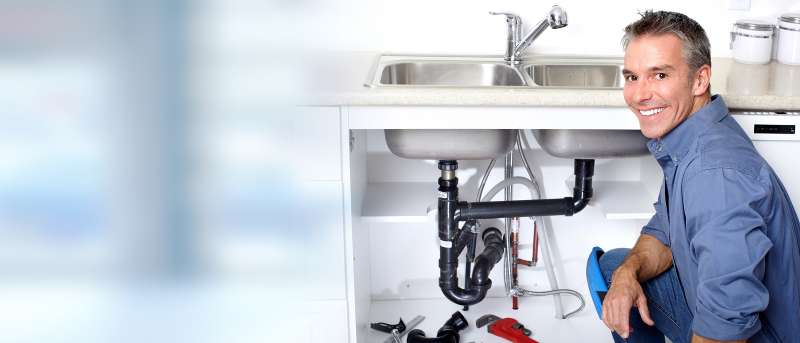
Establishing systems for reusing home wastewater.
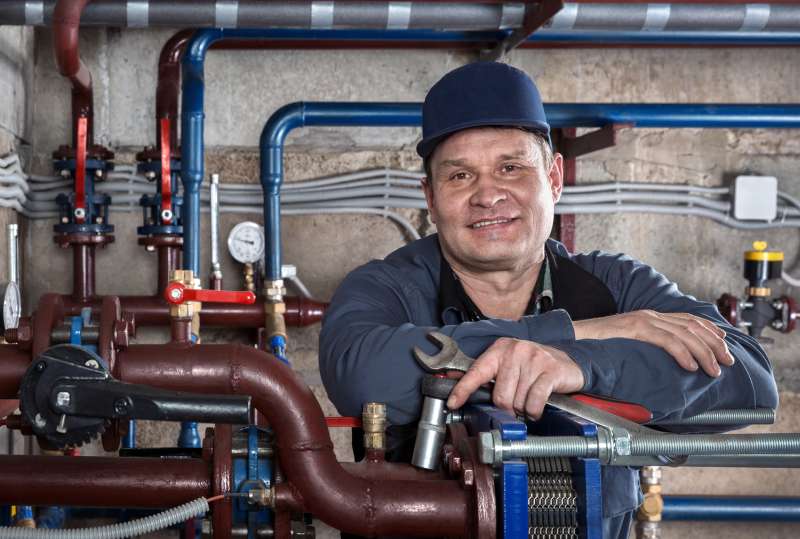
Installing and preserving radiant flooring heater.
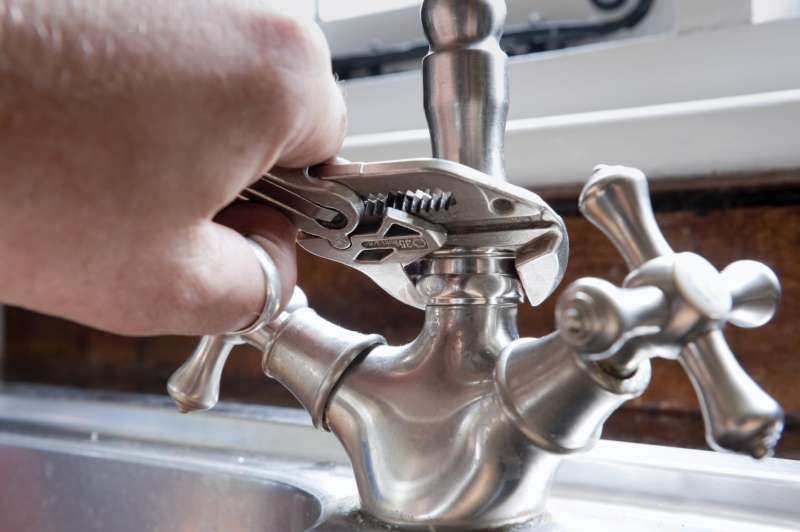
Specialized piping for factories or commercial settings.
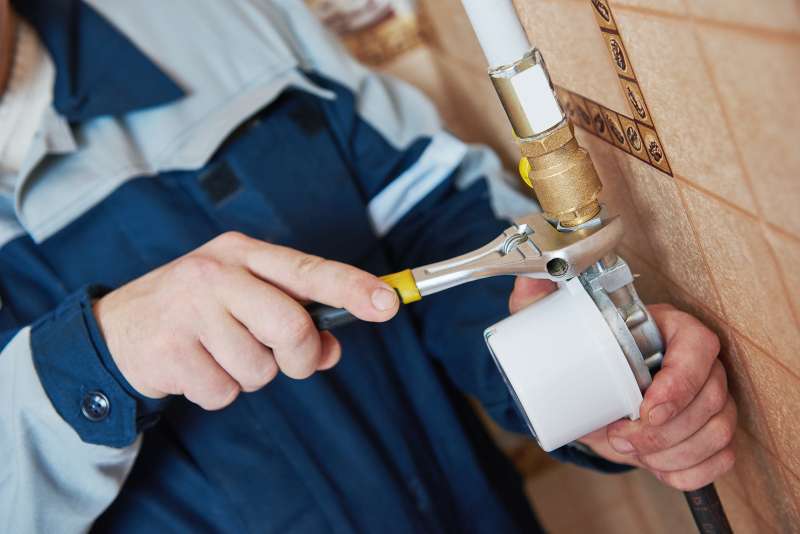
Installing and maintaining outside irrigation.
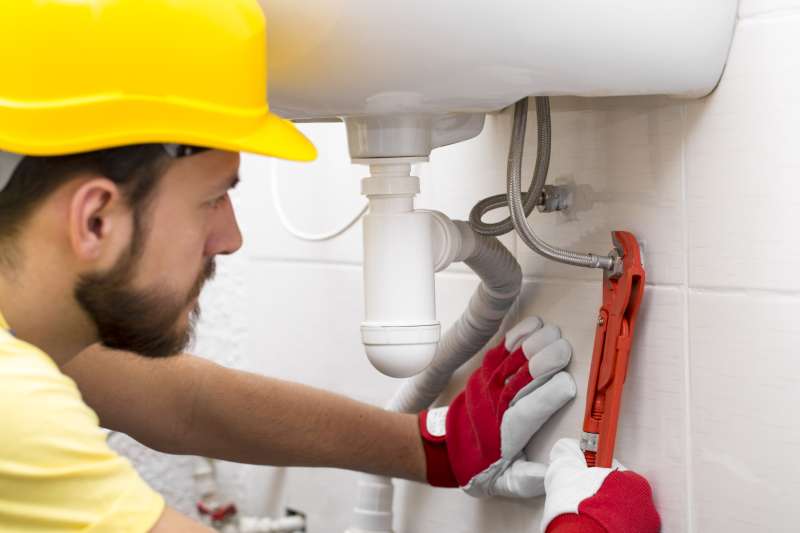
Plumbing systems for brand-new buildings or restorations.
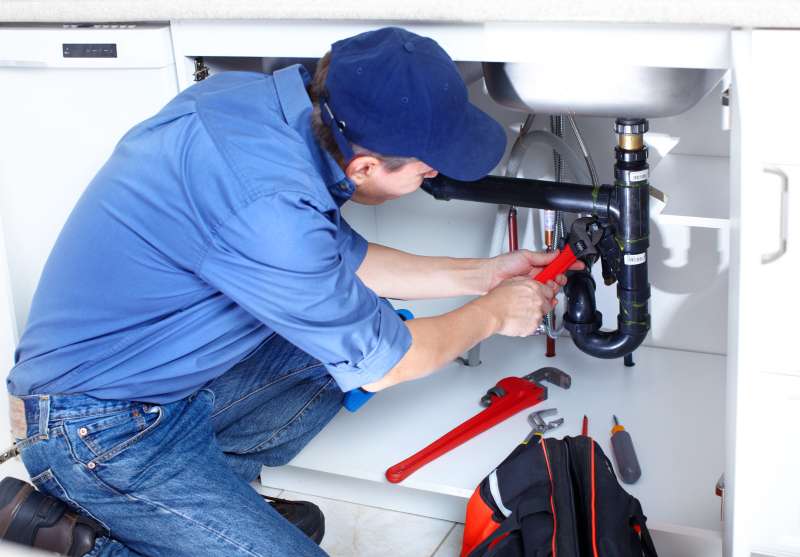
Fixing leaks in pipes, faucets, toilets, and home appliances.
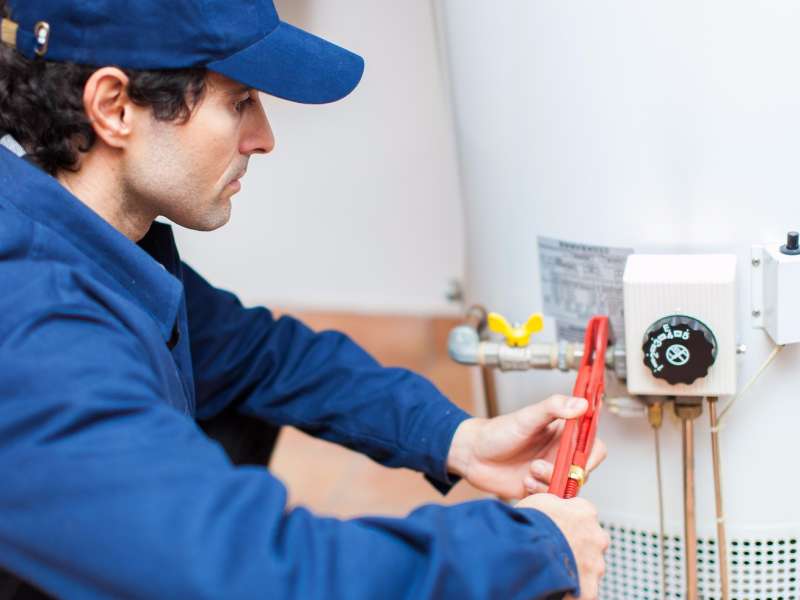
Quick resolution of severe clogs and overflows.
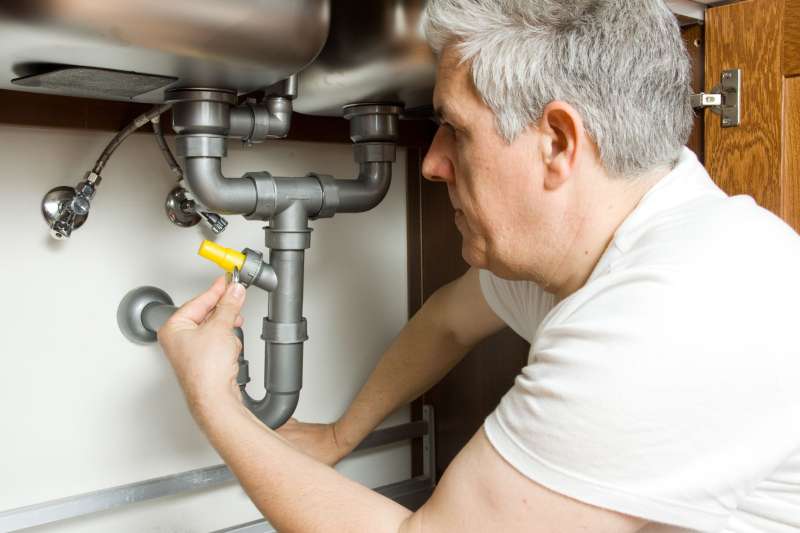
Using cams to examine pipes for damage or obstructions.
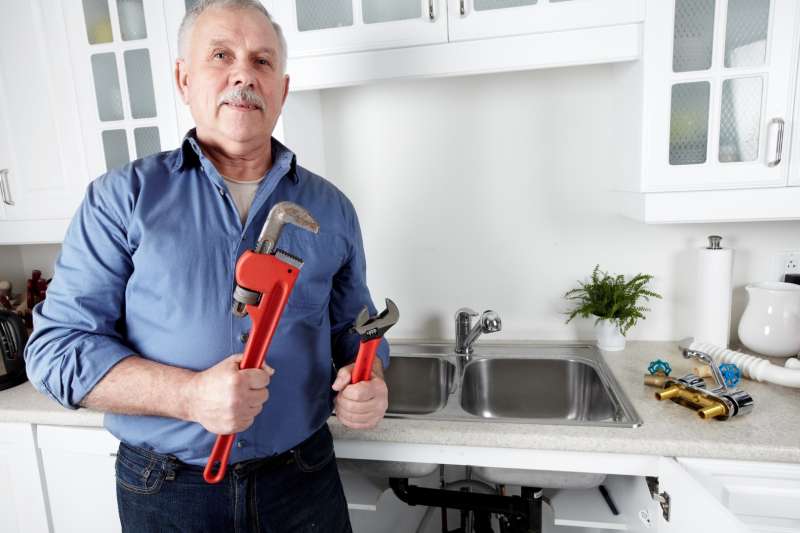
Repairing or replacing burst, rusted, or harmed pipes.
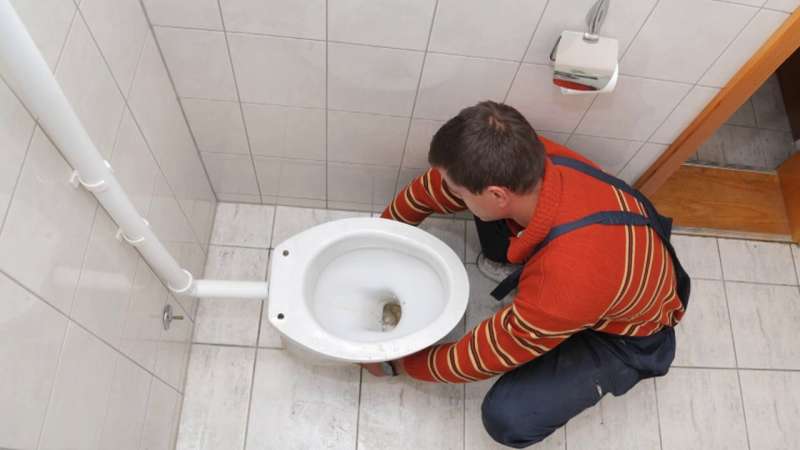
Setting up brand-new piping systems for water, gas, and drain.
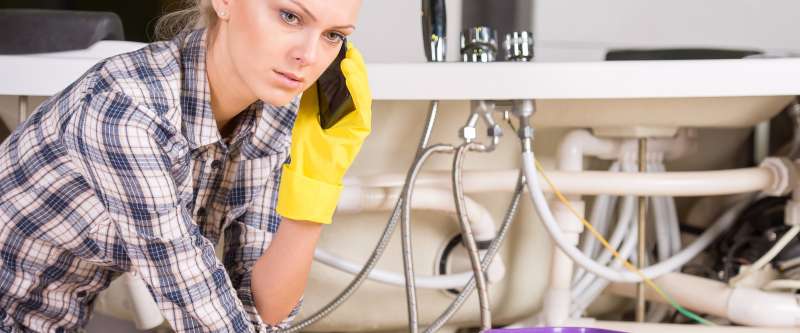
Evaluating plumbing systems before purchasing residential or commercial property.
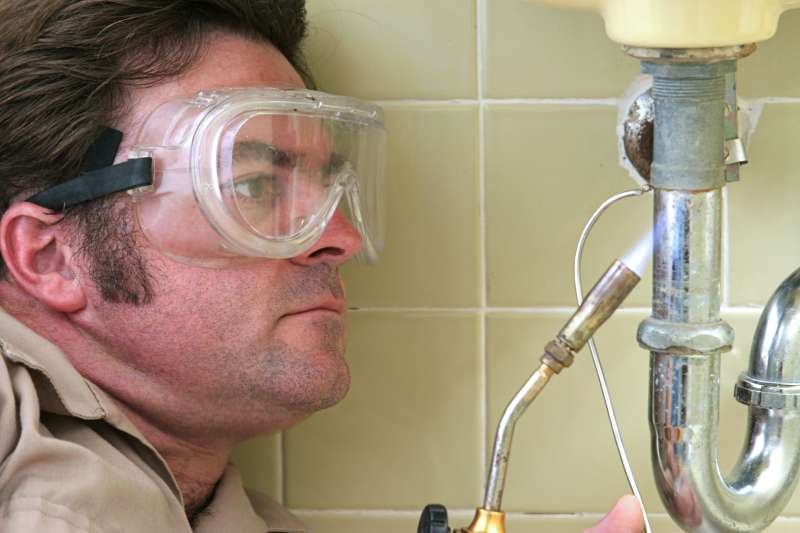
Setting up systems to collect and use rainwater.
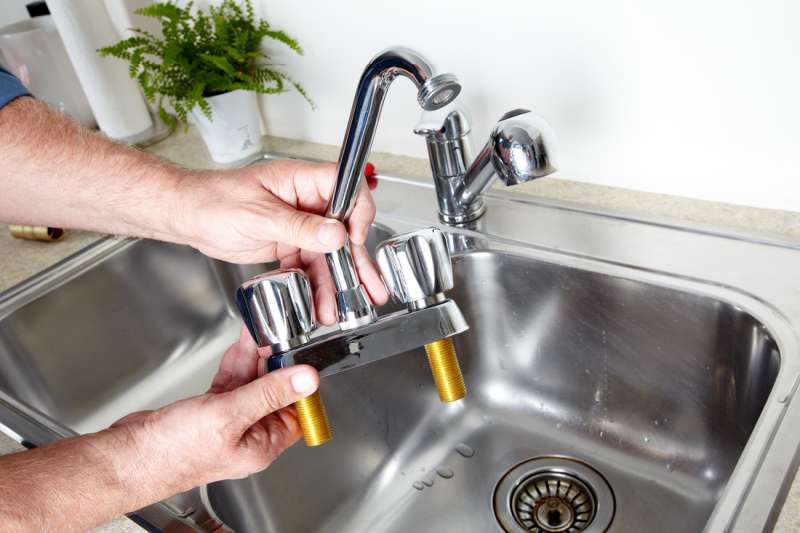
Ongoing upkeep services for services.
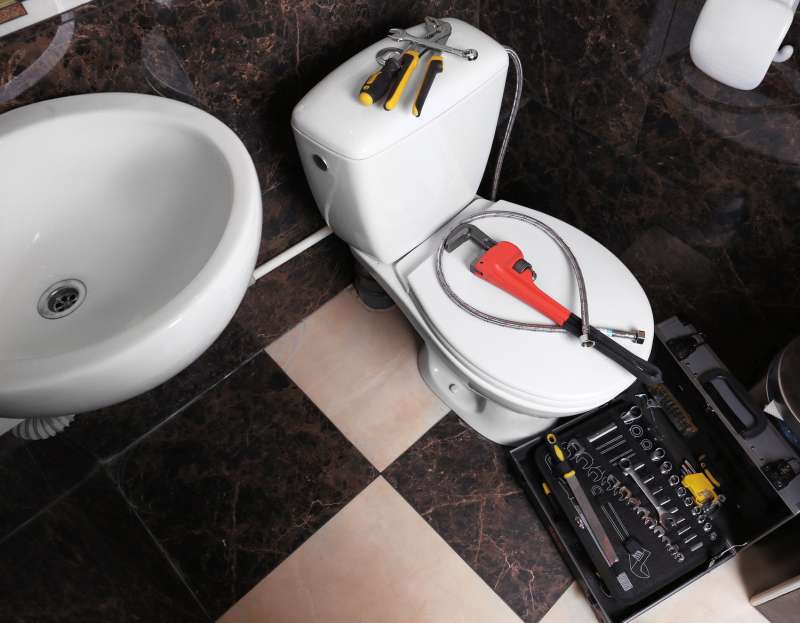
Setting up, repairing, and keeping septic systems.
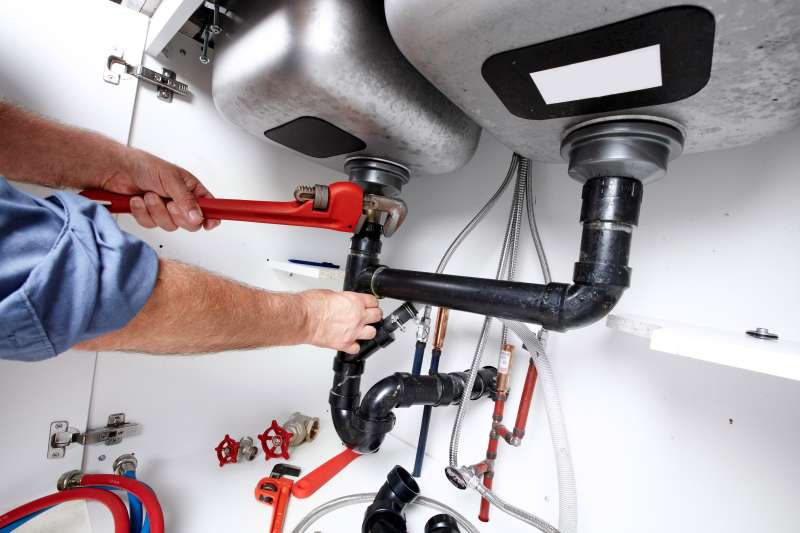
Managing groundwater in basements.
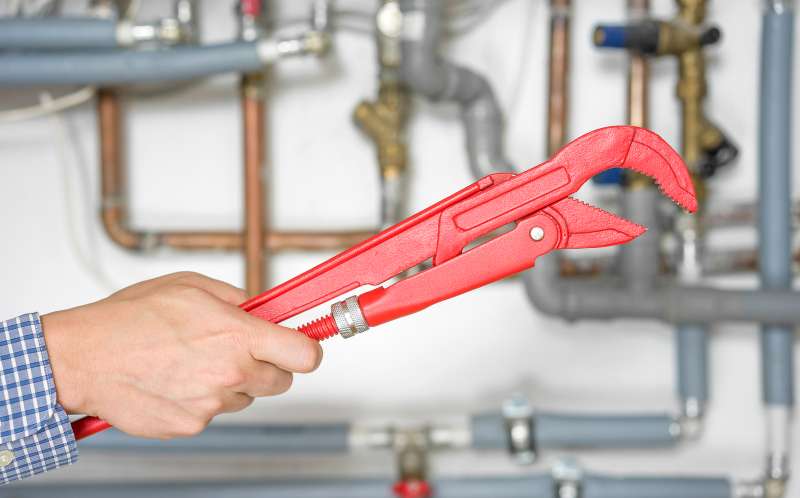
Installing water-efficient or modern-day fixtures.
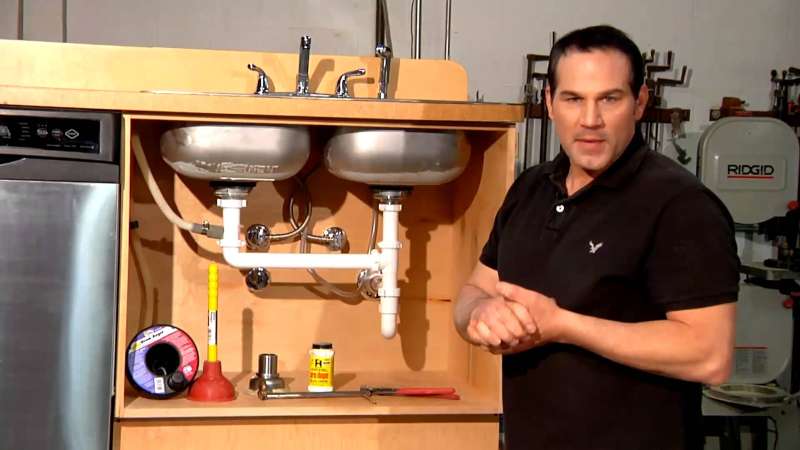
Encouraging on water-saving strategies and products.
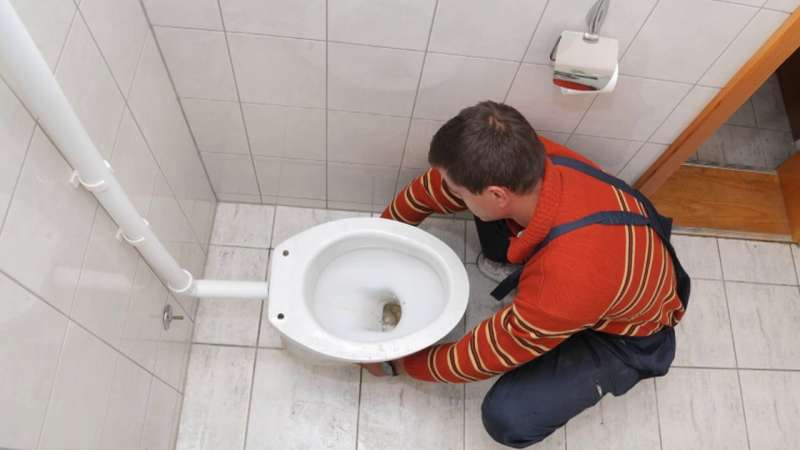
Installing water softeners and purification systems.
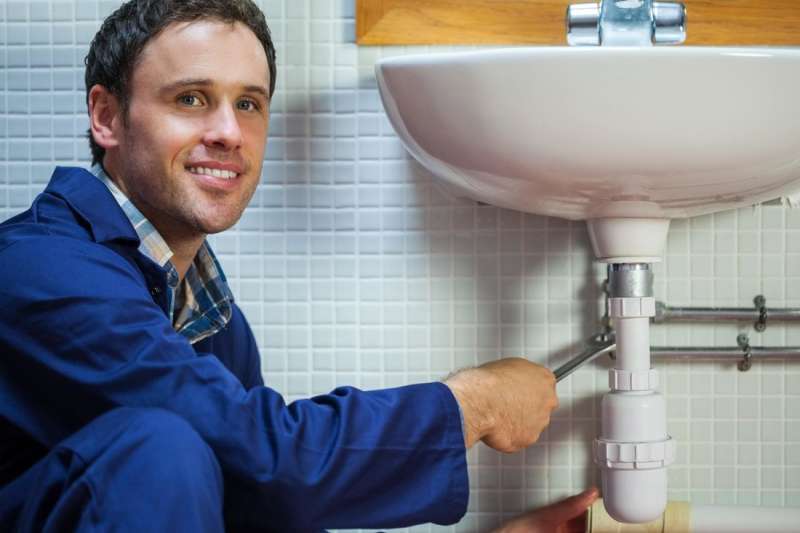
Flushing and inspecting hot water heater to prolong lifespan.
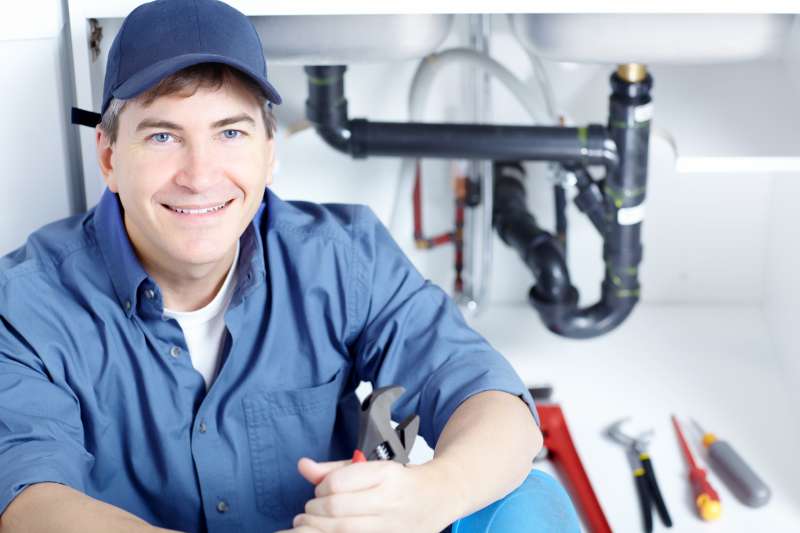
Addressing issues with temperature level, leaks, or failure to heat water.
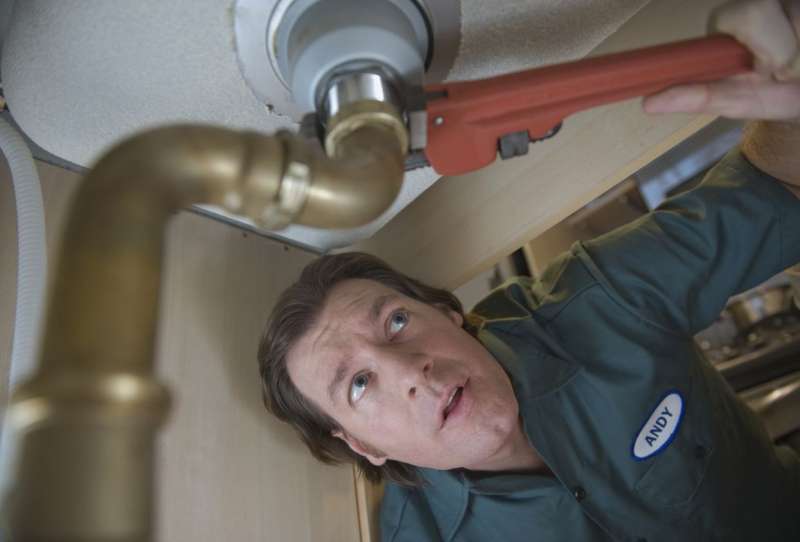
Safeguarding basements or other locations from water intrusion.
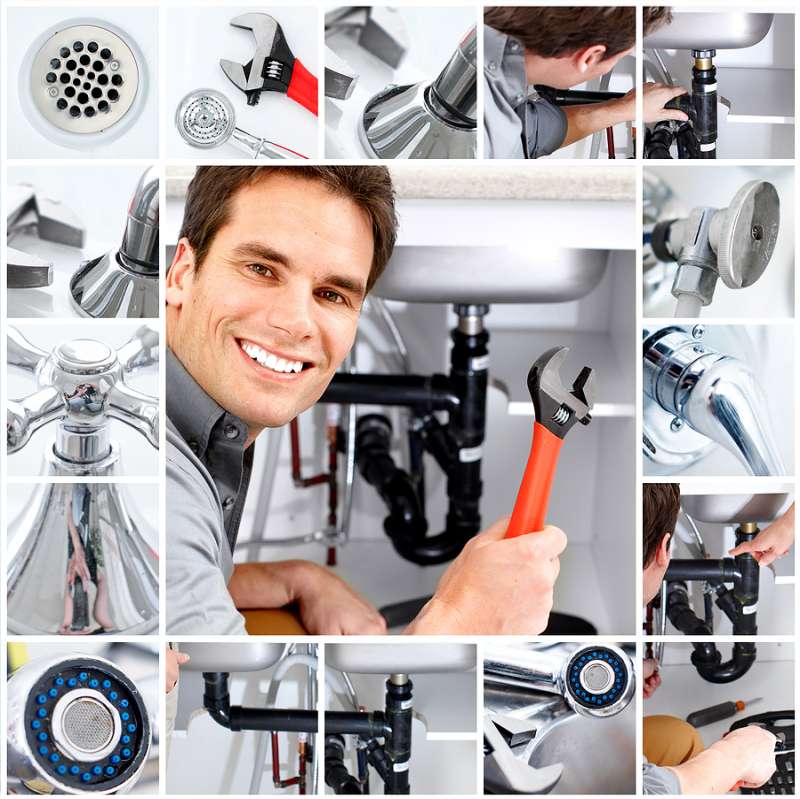
Immediate attention to prevent contamination and health risks.